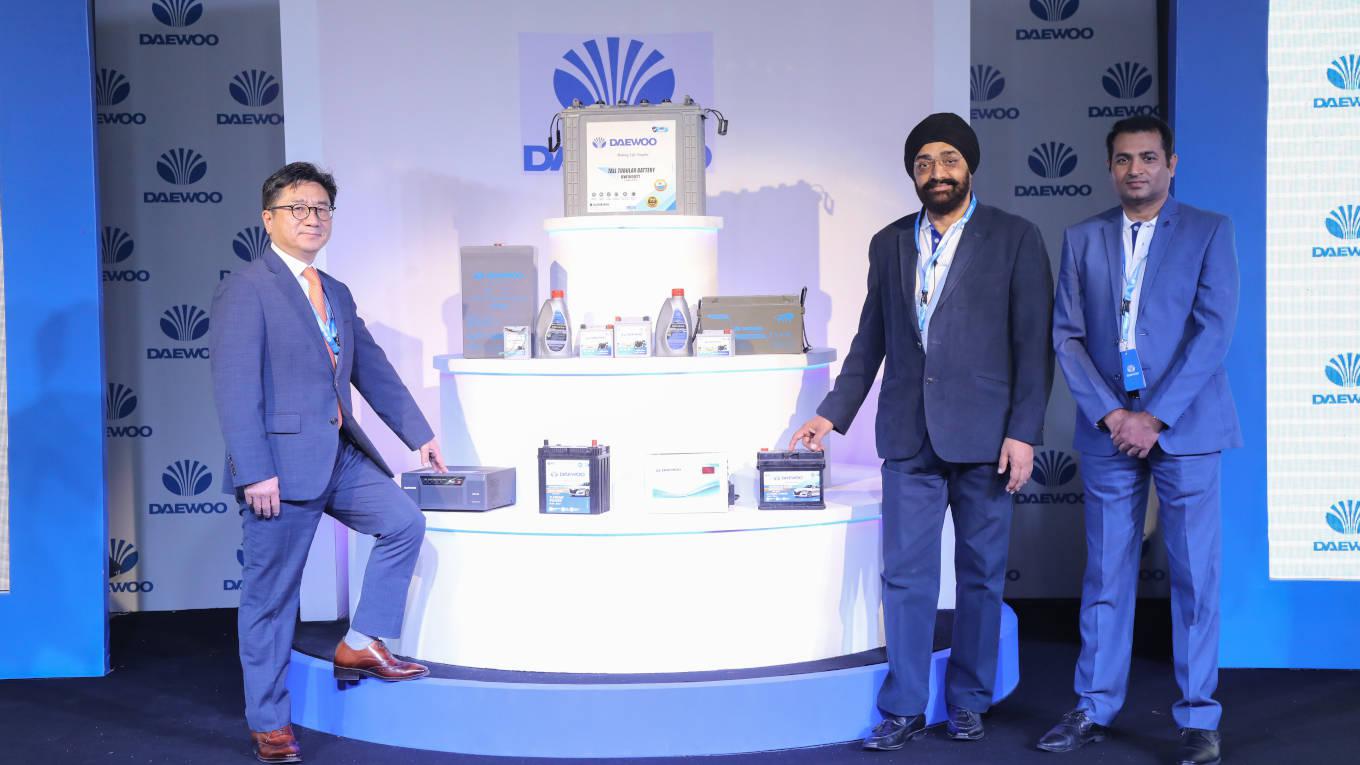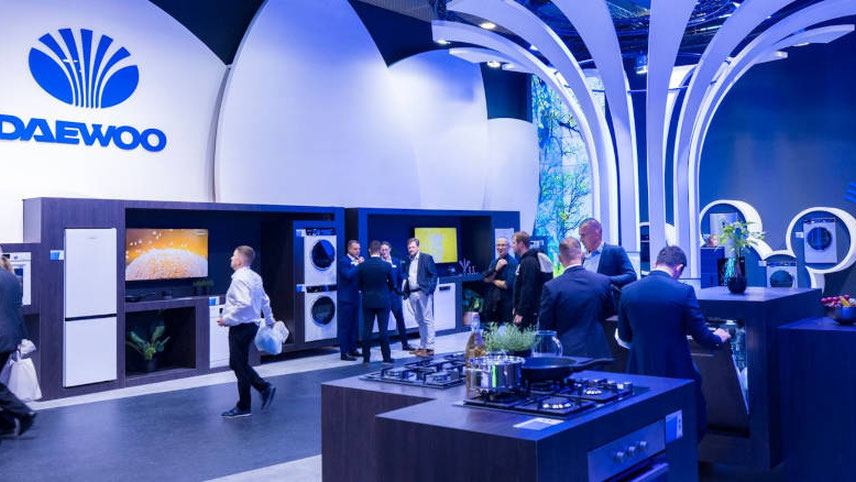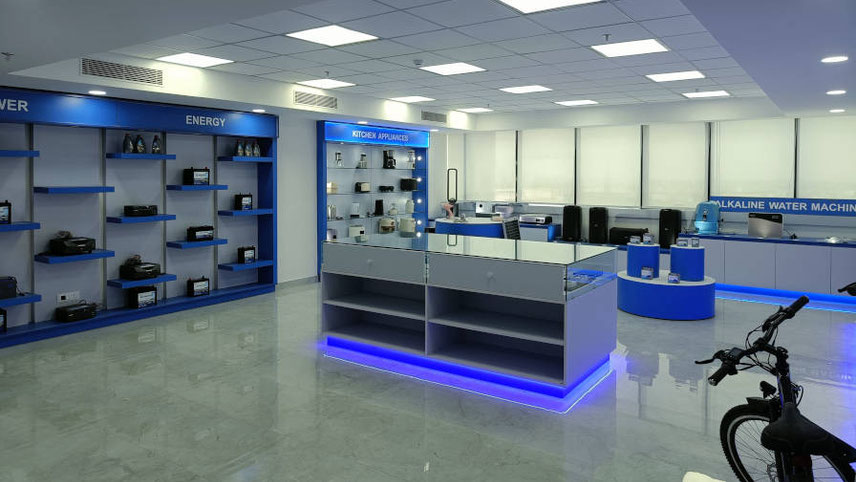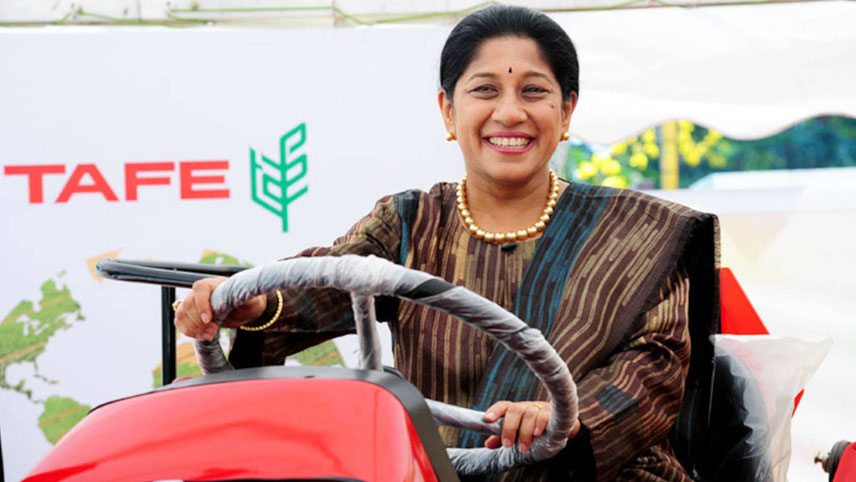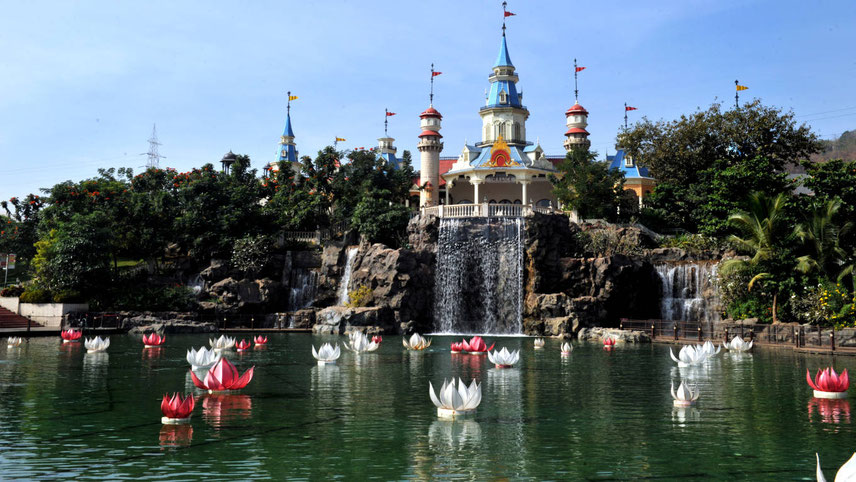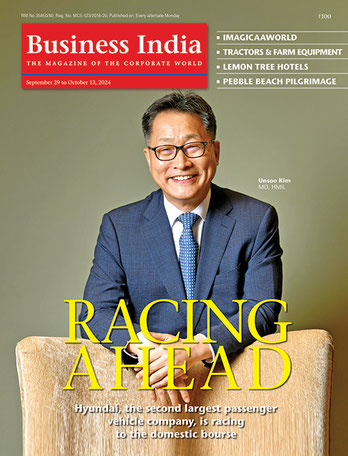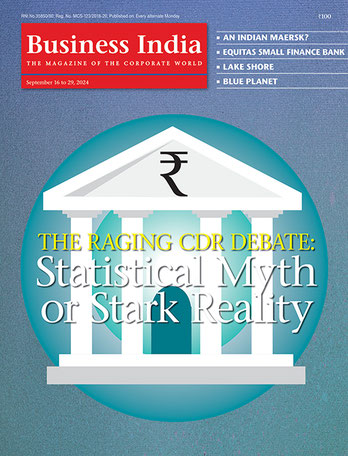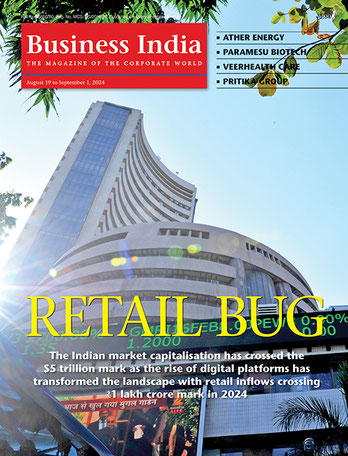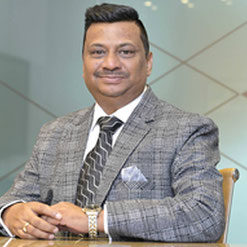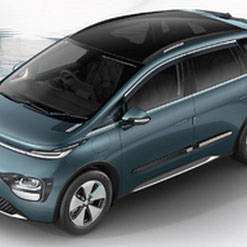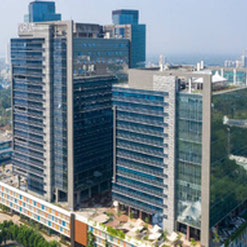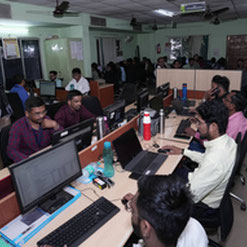As a result of the recent consolidation drive, Daewoo products (especially electronics) are believed to be getting back in the reckoning again globally. It has a quite a sizeable portfolio today comprising appliances, electronic gadgets, batteries and more and is seen to be spreading its wings again in leading global markets.
The company has about 70 brand licensing agreements across the globe and has presence in more than 100 countries. The US, Europe, China and the UAE are considered to be its main markets today. Globally, it has again built an impressive profile, with about 15 product categories, mostly regular use electronic products. Nothing surprising but, if you use the term failed brand for Daewoo, Bhatia will strongly protest. “No, that would be an injustice to this global entity,” he quips. “You may say, it was a brand that had disappeared for some time”.
Market dynamics
When seen from the perspective of a growing market like India, this disappearance can well be counted as something that had happened at a crucial juncture. The last decade has seen an explosive growth in most of the segments where Daewoo will now make a bid to share the stage. The good news, however, is: the pie is still growing and there is enough opportunity for all the players, existing or even the new ones.
“There is a report that says that about 52 per cent of the Indian household income is Rs1.25-5 lakh annually and about 30 per cent of the household falls in the bracket of Rs5-30 lakh income. So, there is a huge market there which is in an aspirational mode and people who are part of this group are potential users of three-four electronic devices and other utilities like a vehicle battery. So, opportunity is not an issue,” emphasises Bhatia, while adding that there is a growing inclination for technologically upgraded products and Daewoo is well positioned to deliver on this point.
Bhatia’s expanding pie theory easily finds reflection in several projections for the segments where Daewoo has made an entry (television sets, batteries and water purifiers till date). As per a report, the India Smart TV market is valued at over $11 billion and likely to skyrocket to $33 billion by the end of the decade. Similarly, the size of the Indian battery market will double from $7 billion currently to over $15 billion by 2029. Another report by a leading market research agency on water purifiers projects a similar doubling trajectory – from a little over $3 billion in 2023 to close to $7 billion by 2032.
So, things remaining normal, the companies in the fray are looking at a more robust uptick in the sales of consumer centric electronics and other items. There is a decisive bullish undercurrent which is the defining mood especially of the electronics industry today. Take the case of Samsung, the market leader in the television segment with over 20 per cent market share. This year it is looking its TV sales alone to cross Rs10,000 crore which will be a milestone.
Companies like Xiaomi and LG are also making fast gains on the basis of aggressive marketing (online sales has emerged as the key contributing channel of total sales) and their ability to respond to consumers’ aspirations at viable pricing points. Inverter and automobile battery manufacturers are on a roll, with consistent product launches backed by innovation (lithium batteries are now gaining ground). The trend is no different in the water purifier market, where market leaders are in a good mood, even as competition is reaching a new pitch.
India strategy
With Kelwon as the exclusive license partner in India (it has to provide marketing and manufacturing support), Daewoo seems to have arrived with a specific plan which includes endearing to Indian consumers in the shortest possible time. “As a part of our consumer durables portfolio, we will introduce a wide range of products including air purifiers, LED televisions, audio speakers, water purifiers, smart fans, air-coolers, home automation systems and a comprehensive selection of small home and kitchen appliances,” announced Chan Ryu, director, Kelwon Electronics, spearheading Daewoo India operations, during the comeback announcement last year.
“These products will offer innovative and diverse features, while remaining budget-friendly. Additionally, we have exciting plans to unveil a captivating line of e-bikes and e-cycles in the Indian market”.
Following that announcement the process of lifting curtains began around the beginning of April and, according to Bhatia, the company is gradually adding more to the portfolio. “Smart TV, automotive batteries and water purifiers are our debut products for the Indian market,” Bhatia informs. “We have launched seven SKUs in television (24-86”), about 20 SKUs in four-wheeler-, two-wheeler- and inverter-batteries and four SKUs in water purifiers”.
Considering the fact that a section of Indian consumers still remember Daewoo as an automobile giant, the Indian partner has been quite agile in introducing automotive batteries to harness that recall value. Around late June, the company announced the launch of its advanced automotive four-wheeler batteries for cars, trucks, tractors, and buses, designed to meet the rigorous demands of Indian roads and climates. According to a company release, the batteries feature a Ca-Ca Silver+ technology with SMF/MF attributes, ensuring high power and maintenance-free operation over an extended period.
According to Bhatia, while Daewoo has plans to build an SKU portfolio of over 150 products in three years’ time (led by electronics), the primary focus now is to make a big impression around Diwali season when consumer electronics sales simply skyrocket in a normal market condition. “For us, Diwali this year will be the first big occasion to make our presence felt in the market. And, for this, we are leaving no stone unturned in terms of quickly adding more to our portfolio in the coming months and creating a sound omni-channel mechanism,” Bhatia explains.
The company is looking to introduce more products for Indian consumers like water- and room-heaters, juicers, etc, and is planning to have about 75 SKUs present in the market across product categories, where it has made a move before Diwali. The next three months, some decisive action is expected in creating an omni-channel base, apart from strengthening the local dealership network.
This includes aggressive presence on popular e-commerce sites like Amazon and Flipkart and unveiling of its own dedicated online channel. Plus, Daewoo Experience Centres (dedicated physical centres to draw the attention of consumers) are expected to come in the existence in at least half a dozen Indian cities, beginning with Chennai.
While getting ready with a sizeable product portfolio is the immediate plan, the other clear elements of Daewoo’s strategy to make an impression would be playing out on cost competitiveness as well as quality differential points. “We are a Korean brand and it is in our DNA to adjust to the pricing points comfortable with majority of consumers in the market,” says Bhatia, even as he refuses to say whether the competitive pricing strategy would mean going cheaper than the prevailing rates especially of the strongly positioned Korean brands in India.
Quality differential, meanwhile, is another point, which the company claims would become its USP in the near to medium run. “We have planned to offer the best of Korean technology at the best pricing level for consumers,” says Praveen Sharma, CTO of the company. “We may be barely a few months old but we have already become first company in our space which has launched alkaline water purifier product in the country”.
At the time of its comeback announcement, the company had promised Rs300 crore of investments in the next three years in Indian operations. According to Bhatia, this corpus has been drawn only to spruce up sales and marketing while for production, Kelwon will use its network of contract manufacturers. “Our current investment plan is to ensure that Daewoo products reach out to prominent markets across the country as soon as possible. If at some stage, we feel like setting up our own manufacturing unit to respond to rising demand, additional investments would be required,” he elaborates.
Considering Daewoo’s automobile legacy, speculation is rife about its new avatar in India – whether the Korean firm would be keen to jump into the two-wheeler electric vehicle fray – a segment which has become the touch point for Indian consumers to move to the EV vehicles. According to Bhatia, the company is looking in this direction but it is not quite high on its immediate agenda.
The segment which it is keen to address is to the product category exclusively meant for the youth (those born after mid-1990s). “Considering that youth in this country may not be that well aware of our brand, we have planned to launch a series of products (such as audio devices) for them. It will happen soon. We know we have to make an appeal to them to help us in our long-haul journey in India,” Bhatia explains. A veteran of the Indian consumer market, he clearly knows the cards in his hands and how to play them to ensure Daewoo’s comeback in India.
